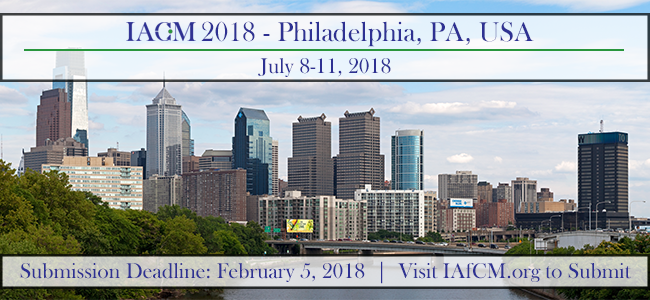Full Program »
ROLE OF CULTURE IN MEDIATION: A SINGAPORE PERSPECTIVE
Mediation widely serves as an alternative mechanism of dispute resolution where contending parties meet with a neutral third-party, known as a mediator, to potentially resolve a case of conflict. Research has identified various antecedents and factors that respectively underlie and influence the mediation process and outcomes across a variety of contexts. Culture is one notable variable. The ensuing debate regarding the suitability of using a model or approach that is largely based on Western cultural assumptions has raised more questions about the influence of culture on mediation. This study aims to examine the relationships between cultural variables and the mediation process and outcomes in the Singapore context. Specifically, there is a focus on cultural intelligence, cultural orientation (individualism-collectivism), and intercultural conflict style (direct-indirect approaches and emotionally expressive-restrained patterns). Practical and theoretical implications of the study could potentially advance local and Asian mediation practice and conflict resolution processes in general. Preliminary findings from Phase 1 of the study are presented.
